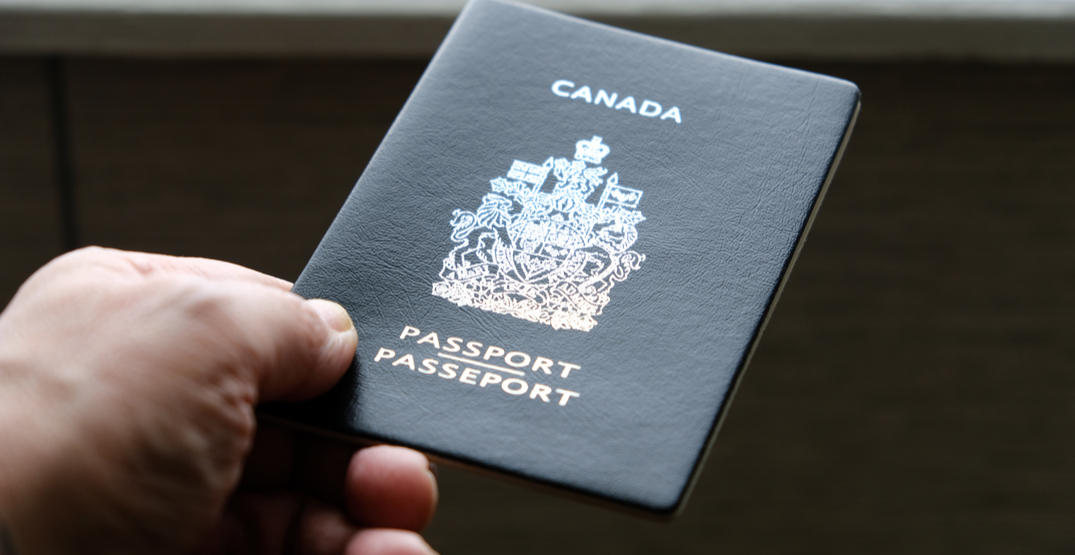Procedural Fairness to All Types of IRCC Applications
This section contains policy, procedures and guidance used by IRCC staff. It is posted on the department’s website as a courtesy to stakeholders.
Decision-makers are required to follow the rules of procedural fairness throughout the decision-making process.
Procedural fairness requires that applicants:
- be provided with a fair and unbiased assessment of their application
- be informed of the decision-maker’s concerns and
- have a meaningful opportunity to provide a response to concerns about their application
The requirement for procedural fairness applies to all types of immigration and citizenship applications and all aspects of decision-making.
Primary elements of procedural fairness
- Processing without undue delay
- The right to fair and impartial decision-making
- The applicant’s right to be heard
- Whoever hears must decide
- Legitimate expectation
- Decisions must be based on the Immigration and Refugee Protection Act (IRPA) and Regulations (IRPR)
- The right to reasons
Processing without undue delay
Applications should not be subject to unnecessary delays. A delay that cannot be justified is a denial of procedural fairness.
The right to fair and impartial decision-making
Applicants have the right to have a fair and impartial decision-maker. The courts have indicated that it is necessary to avoid even the possibility or perception of bias.
Examples of situations of bias, or the perception of bias, may include:
- judging a matter before it is heard
- prejudicial attitude
- previous involvement in a case
- a relationship between the decision-maker and one of the interested parties (e.g. a financial interest) etc.
The applicant’s right to be heard
When an individual will be affected by a decision, that individual has the right to know the case to be met and must be given a fair opportunity to respond.
The “right to be heard” requires that the applicant is advised of significant facts that are likely to affect the outcome of the application. For example, if a decision-maker relies on extrinsic evidence (i.e. evidence received from sources other than the applicant), they must advise the applicant of this and give the applicant an opportunity to respond to such evidence.
To ensure that the applicant has a meaningful opportunity to participate, decision-makers must give sufficient notice about any process or interview that could result in a decision on their application and must give the applicant a reasonable opportunity to bring evidence or make arguments supporting their application. Decision-makers should tell applicants which documents may be required in order to address concerns. Sufficient information should be included on interview invitation letters to allow applicants to prepare. If any additional concerns arise from an interview, decision-makers should provide the applicant with an opportunity to address those concerns either at the interview or subsequent to the interview, through a procedural fairness letter.
The right to be heard does not necessarily include the right to an interview although in some cases, an interview may be the most appropriate way to proceed. If an applicant is interviewed the applicant should be allowed to bring an interpreter, or, in certain circumstances, should be provided with an interpreter.
The right to be heard requires that an applicant be given a meaningful opportunity to take part in the process. This requirement also applies in regard to information received from third parties, including IRCC partners. While this does not mean that the decision-maker must provide the physical documents consulted during the decision-making process (El Maghraoui, 2013 FC 883), there is a requirement that the essence of the decision-maker’s concerns be communicated to the applicant (Krishnamoorthy, 2011 FC 1342) and that the applicant is advised of the specific provisions of the Act at issue. What is important is that the decision-maker’s concerns are adequately communicated to the applicant, who must then be given a reasonable opportunity to respond.
Whoever hears must decide
The person who hears the case is the one who should make the final determination.
“Hear” in this context does not mean interview. It means that the person with the legal authority to make a decision must assess the information provided and make a decision. The Act, the Regulations and various delegation instruments are specific about who has authority to make decisions.
When decision-makers use their decision-making authority, they assess information in the context of the applicable legislation. If a decision-maker is the only person who looks at information or deals with applicants, it is clear that they “heard” and decided. However, during processing, different persons may work on a particular application. It is therefore important, that all documents provided by an applicant are put on the record (either the electronic record or the paper file) for consideration by the decision-maker. The record of decision must also show that the decision-maker weighed all relevant factors, including all submissions by the applicant, and that they made their own decision based on the merits of the application.





